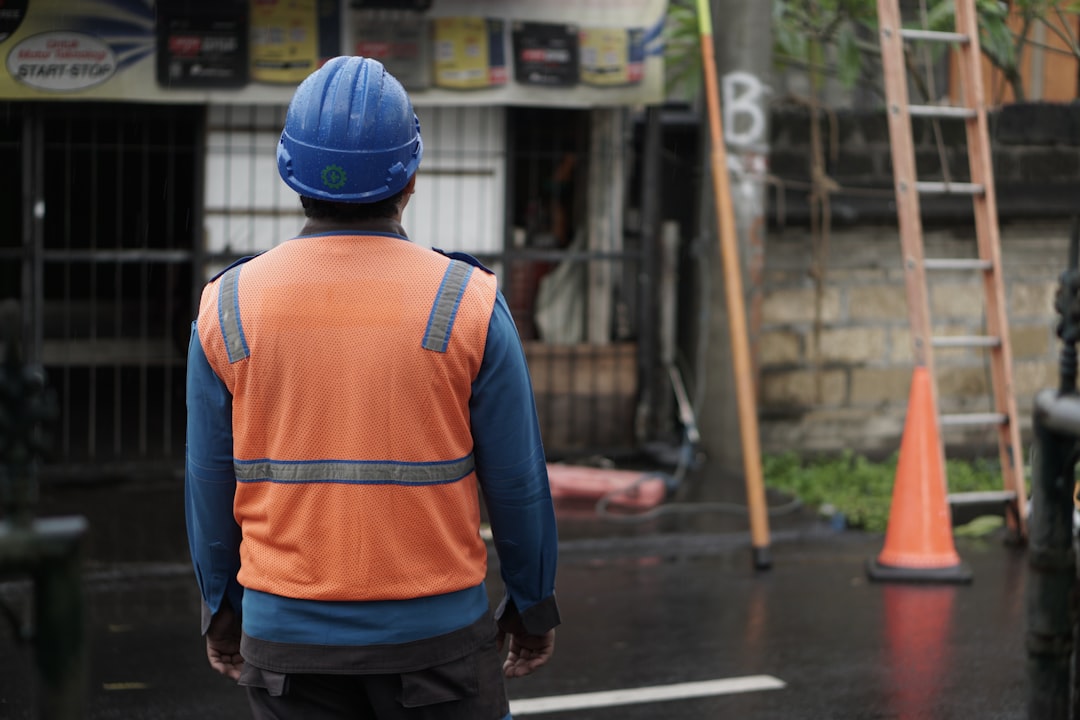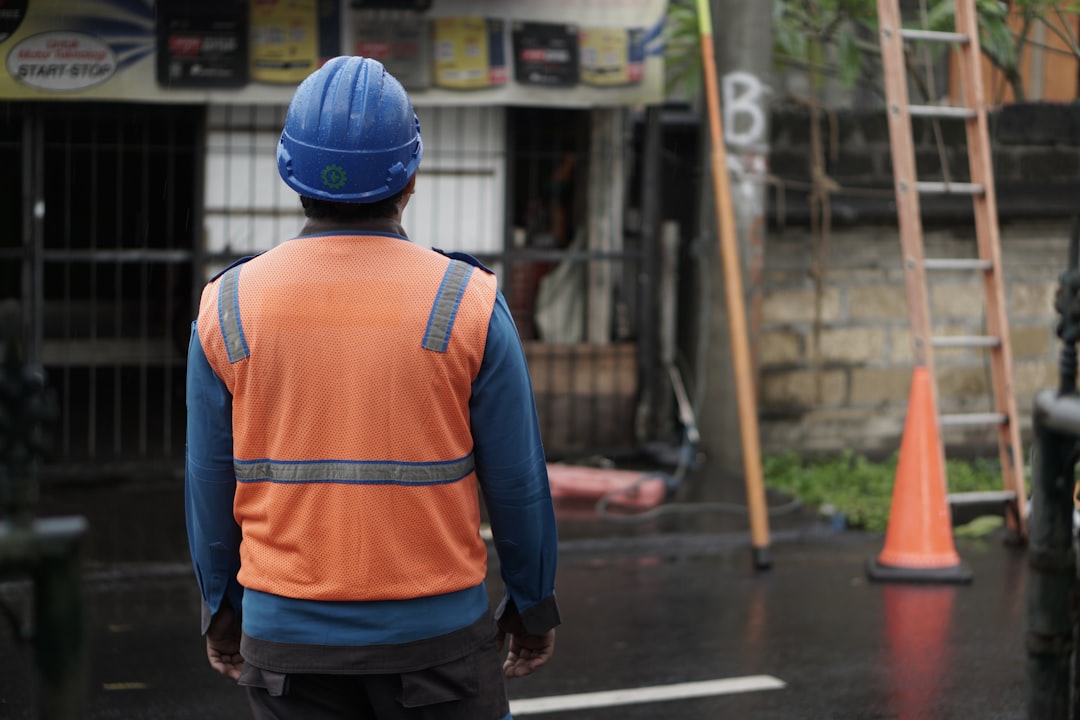At Allianze HR Consultancy, we’ve successfully placed 10,000+ professionals across UAE, Saudi Arabia, Qatar, and Kuwait. Furthermore, our 5+ years of GCC expertise supports clients from 50+ countries. Moreover, our Ministry of External Affairs (India) RA license ensures compliance. Therefore, contact our recruitment specialists for expert guidance.
Understanding GCC Employee Wellbeing Requirements
GCC countries maintain specific regulations governing staff care and worker rights. Kuwait’s Labor Law (No. 6 of 2010) establishes fundamental protections. Furthermore, these provisions apply equally to quality inspectors and other technical staff. Additionally, international standards from the International Labour Organization guidelines influence local practices.
Employers must provide adequate accommodation meeting specified standards. These include proper ventilation, sanitation facilities, and reasonable occupancy limits. Moreover, quality inspectors often require different housing arrangements than general laborers. Consequently, specialized consideration ensures their specific needs receive appropriate attention.
- Medical insurance coverage meeting minimum benefit requirements
- Appropriate rest periods and working hour limitations
- Protective equipment and workplace safety provisions
- Contractual transparency and wage protection systems
- Grievance mechanisms and dispute resolution procedures
- Repatriation arrangements and end-of-service benefits
Furthermore, Kuwait implements specific wage protection systems. These ensure timely salary payments through approved banking channels. Additionally, companies must maintain comprehensive personnel records. Moreover, documentation verification occurs during labor inspections. Therefore, proper record-keeping proves essential for compliance.
Worker Welfare Quality Inspector Strategic Overview
Strategic worker welfare quality inspector programs deliver significant business benefits. Furthermore, they enhance recruitment competitiveness and retention rates. Moreover, comprehensive staff care reduces absenteeism and improves work quality. Additionally, proper employee wellbeing fosters positive organizational culture.
Quality inspectors require specific welfare considerations different from other roles. Their technical responsibilities demand heightened concentration and attention to detail. Consequently, comfortable living conditions and adequate rest become operational necessities. Furthermore, their specialized skills justify investment in superior personnel support.
- Enhanced productivity through improved morale and engagement
- Reduced turnover and associated recruitment costs
- Stronger compliance with regulatory requirements
- Improved company reputation and employer branding
- Better quality control outcomes and defect reduction
- Enhanced safety performance and risk mitigation
Moreover, strategic approaches integrate multiple welfare dimensions. These encompass physical, mental, and social wellbeing components. Additionally, cultural and recreational aspects contribute to holistic personnel support. Therefore, comprehensive programs address all these elements systematically. Furthermore, World Health Organization workplace standards provide valuable guidance.
Legal Framework and Compliance Standards
Kuwait’s legal framework establishes minimum worker welfare requirements. The Labor Law outlines fundamental employer obligations. Furthermore, ministerial decisions provide implementation details. Additionally, sector-specific regulations may apply to quality inspectors in particular industries.
Accommodation standards represent critical compliance areas. Employers must provide housing meeting specified criteria. These include minimum space per person, sanitation facilities, and cooking arrangements. Moreover, location considerations affect transportation requirements. Consequently, proximity to worksites reduces commute times and fatigue.
- Medical examination requirements upon arrival and periodically
- Health insurance coverage meeting minimum benefit standards
- Working hour limitations and overtime compensation
- Leave entitlements including annual, sick, and emergency leave
- Safety equipment provision and training requirements
- Contractual transparency and wage protection compliance
Furthermore, documentation requirements support compliance verification. Employers must maintain accurate records of working hours, wage payments, and leave accruals. Additionally, inspection readiness proves essential for avoiding penalties. Moreover, U.S. Department of Commerce trade resources offer international compliance perspectives.
Worker Welfare Quality Inspector Best Practices
Proactive companies implement worker welfare quality inspector programs exceeding minimum requirements. Furthermore, these initiatives deliver substantial returns through improved performance. Moreover, best practice approaches consider the specialized nature of inspection work. Additionally, they address both workplace and accommodation environments.
Quality inspectors benefit from enhanced accommodation standards. Separate rooms or reduced occupancy arrangements support concentration and rest. Furthermore, reliable internet connectivity facilitates communication with families. Moreover, recreational facilities contribute to stress reduction and work-life balance.
- Climate-appropriate workspaces with adequate temperature control
- Ergonomic workstations reducing physical strain during inspections
- Regular breaks and job rotation preventing fatigue
- Professional development opportunities and skill enhancement
- Recognition programs acknowledging quality performance
- Transparent communication channels and feedback mechanisms
Additionally, healthcare provisions should exceed minimum requirements. Comprehensive medical insurance covering specialized services proves valuable. Furthermore, regular health checkups detect issues early. Moreover, mental health support resources address stress management. Therefore, holistic approaches deliver optimal results for employee wellbeing.
Documentation and Processing Steps
Proper documentation ensures worker welfare compliance for quality inspectors. Employers must maintain comprehensive personnel records. Furthermore, these documents demonstrate adherence to regulatory requirements. Additionally, they facilitate smooth labor inspections and dispute resolution.
Employment contracts form the foundation of welfare entitlements. They must clearly specify all terms and conditions. Moreover, they should outline working hours, leave entitlements, and accommodation provisions. Consequently, contractual transparency prevents misunderstandings and disputes.
- Detailed employment contracts in languages understood by employees
- Accommodation inspection certificates and compliance reports
- Medical insurance policies and claim procedures
- Training records covering safety procedures and job skills
- Wage protection system reports and payment records
- Health and safety committee meeting minutes
Furthermore, systematic processes ensure ongoing compliance. Regular internal audits identify potential issues early. Additionally, management reviews verify program effectiveness. Moreover, employee feedback mechanisms provide improvement opportunities. Therefore, professional recruitment resources support documentation management.
Worker Welfare Quality Inspector Implementation Timeline
Successful worker welfare quality inspector programs require careful implementation planning. Furthermore, realistic timelines ensure thorough preparation and execution. Moreover, phased approaches allow for adjustment and refinement. Additionally, stakeholder engagement throughout the process proves critical.
Initial assessment typically requires 1-2 weeks. This involves evaluating current practices against requirements. Furthermore, it identifies gaps and improvement opportunities. Moreover, budget allocation and resource planning occur during this phase. Consequently, comprehensive assessment informs subsequent implementation steps.
- Week 1-2: Current state assessment and gap analysis
- Week 3-4: Program design and budget approval
- Week 5-8: Infrastructure improvements and policy development
- Week 9-10: Staff training and communication rollout
- Week 11-12: Program launch and initial operation
- Week 13-16: Monitoring, adjustment, and refinement
Moreover, implementation success depends on management commitment. Senior leadership support ensures adequate resource allocation. Additionally, cross-functional coordination addresses all welfare dimensions. Furthermore, World Bank labor market reports provide valuable benchmarking data.
Common Challenges and Solutions
Employers frequently encounter challenges implementing worker welfare programs. Budget constraints often limit initiative scope. Furthermore, cultural differences may create communication barriers. Moreover, regulatory complexity complicates compliance management. Additionally, measurement difficulties obscure program effectiveness.
Budget limitations require creative solutions. Prioritizing interventions based on impact proves effective. Furthermore, phased implementation spreads costs over time. Moreover, calculating return on investment justifies continued funding. Consequently, business case development secures necessary resources.
- Challenge: Regulatory complexity across GCC countries
- Solution: Partner with experienced HR consultants for guidance
- Challenge: Cultural and language barriers
- Solution: Employ multilingual coordinators and cultural training
- Challenge: Measuring welfare program effectiveness
- Solution: Implement KPIs tracking turnover, productivity, quality
- Challenge: Accommodation standards compliance
- Solution: Regular inspections and preventive maintenance
Additionally, change management principles support successful implementation. Employee involvement in program design increases acceptance. Furthermore, clear communication explains benefits and procedures. Moreover, recognition of improvement efforts encourages participation. Therefore, comprehensive approaches address both technical and human factors.
Expert Recommendations for Success
Successful worker welfare programs incorporate several expert recommendations. Leadership commitment proves fundamental to success. Furthermore, integrated approaches deliver better results than isolated initiatives. Moreover, continuous improvement mindset sustains program effectiveness. Additionally, benchmarking against industry leaders identifies improvement opportunities.
Strategic alignment ensures welfare programs support business objectives. Quality inspection effectiveness directly relates to inspector wellbeing. Furthermore, retention of experienced inspectors maintains institutional knowledge. Moreover, company reputation affects recruitment competitiveness. Consequently, welfare investments produce tangible business returns.
- Secure executive sponsorship and visible management support
- Develop comprehensive policies covering all welfare aspects
- Implement systematic monitoring and measurement systems
- Engage employees in program design and improvement
- Benchmark against industry leaders and best practices
- Partner with experienced HR consultants for specialized expertise
Furthermore, technology solutions enhance program management. Digital platforms streamline documentation and reporting. Additionally, communication tools facilitate employee engagement. Moreover, data analytics identify trends and improvement opportunities. Therefore, schedule consultation appointment for personalized recommendations.
Frequently Asked Questions About Worker Welfare Quality Inspector
What is the timeline for worker welfare quality inspector programs?
Timeline typically ranges 4-8 weeks depending on country requirements. Furthermore, documentation preparation affects processing speed. Therefore, consult our specialists for accurate estimates.
What documentation is required for employee wellbeing process?
Required documents include employment contracts, visa applications, medical certificates, and educational credentials. Additionally, country-specific requirements vary. Moreover, attestation procedures apply.
What are typical costs for personnel support recruitment?
Costs vary by position level, country, and volume. Furthermore, visa fees, medical screening, and documentation affect total investment. Therefore, request detailed quotations from recruitment partners.
How does Allianze HR ensure compliance?
We maintain Ministry-approved RA license status. Additionally, our team monitors GCC labor law changes. Moreover, we conduct thorough documentation verification at every stage.
Which GCC countries does Allianze serve?
We provide recruitment services across UAE, Saudi Arabia, Qatar, Kuwait, Bahrain, and Oman. Furthermore, our South Asian talent network spans India, Nepal, Bangladesh, and Pakistan.
What industries does Allianze specialize in?
Our expertise covers construction, hospitality, healthcare, facilities management, manufacturing, and technical services. Additionally, we handle both skilled and semi-skilled recruitment.
Partner with Allianze HR for Employee Wellbeing Success
Comprehensive worker welfare quality inspector programs deliver significant business value. Furthermore, they ensure regulatory compliance while enhancing operational performance. Moreover, proper staff care improves retention and productivity. Additionally, holistic approaches address both workplace and living conditions.
Successful implementation requires specialized expertise and careful planning. GCC labor regulations present specific compliance requirements. Furthermore, quality inspectors have unique needs demanding tailored solutions. Moreover, cultural considerations affect program design and execution. Therefore, professional guidance proves invaluable for optimal outcomes.
At Allianze HR Consultancy, we bring extensive experience in GCC worker welfare management. Our team understands regional regulations and industry best practices. Furthermore, we provide end-to-end support from program design through implementation. Moreover, our recruitment expertise ensures proper candidate matching with welfare provisions. Consequently, we deliver comprehensive solutions addressing both talent acquisition and retention.
Implementing effective worker welfare quality inspector programs requires partnership with experienced providers. Our track record includes successful placements across diverse industries. Additionally, our compliance expertise ensures regulatory adherence. Moreover, our cultural understanding facilitates smooth implementation. Therefore, contact our HR specialists today to develop your customized worker welfare strategy.




